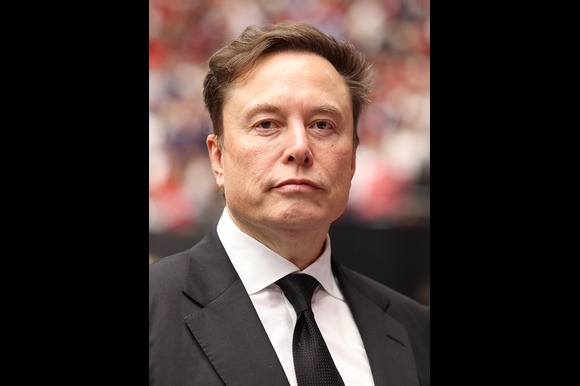Elon Musk has reached a settlement in a $128 million (£100 million) lawsuit filed by four former senior executives of Twitter — now known as X — who accused him of firing them without cause and denying them severance payments following his 2022 takeover of the platform.
The plaintiffs, including former CEO Parag Agrawal, claimed that Musk unlawfully terminated their employment immediately after acquiring Twitter and subsequently refused to honor severance agreements that had been in place for years.
According to a recent court filing, attorneys representing both sides confirmed that “the parties have reached a settlement,” though they emphasized that the agreement is conditional on certain terms being met in the near future. The details of the settlement remain confidential, and neither Musk’s legal team nor the plaintiffs’ representatives have responded to media requests for comment.
Former Executives Claim Breach of Contract
The lawsuit was filed in 2024 by Agrawal, along with former Chief Financial Officer Ned Segal, former Chief Legal Officer Vijaya Gadde, and former General Counsel Sean Edgett. The four executives argued that they were contractually entitled to one year’s salary plus stock compensation, as outlined in a pre-existing severance plan adopted years before Musk’s acquisition.
The plaintiffs alleged that Musk’s decision to fire them “without reason” was part of a broader pattern of refusing to pay contractual obligations owed to former employees. They contended that Musk’s abrupt dismissals were motivated by personal resentment over being forced to complete the $44 billion deal to purchase Twitter, despite his earlier attempts to withdraw the offer.
Broader Pattern of Unpaid Severance Claims
This settlement comes on the heels of several other legal challenges related to unpaid severance stemming from Musk’s takeover of Twitter. In August 2025, Musk and X settled a separate class-action lawsuit involving approximately 6,000 former Twitter employees, who claimed they were collectively owed $500 million in severance pay after mass layoffs.
The former top executives’ suit highlighted how Musk moved swiftly to overhaul the company’s leadership and structure once the acquisition was finalized in late 2022. Within days of taking control, he dismissed several high-ranking officials, including Agrawal and his colleagues, before initiating widespread staff reductions that ultimately cut Twitter’s workforce by more than half.
Musk’s Frustration and Allegations of Misconduct
According to the plaintiffs, Musk’s actions were driven by frustration over being compelled by the courts to finalize the acquisition. They claimed that he subsequently sought to fabricate misconduct allegations against the departing executives as a way to avoid paying millions in severance and stock awards.
In their complaint, the former leaders alleged that Musk had “manufactured cause” for termination in order to circumvent existing agreements. They argued that the decision was consistent with Musk’s broader management pattern — characterized by abrupt dismissals, unpaid commitments, and public disputes with former employees.
Ongoing Legal Scrutiny
While the settlement resolves one of the highest-profile disputes since Musk’s acquisition of Twitter, the billionaire and X continue to face ongoing litigation related to labor, severance, and contractual claims. Musk’s management of the platform — including his aggressive cost-cutting, mass layoffs, and controversial policy changes — has sparked a series of legal and regulatory challenges both in the United States and abroad.
Despite these controversies, Musk has maintained that his leadership moves were necessary to ensure the financial stability of X, which he has sought to transform into a “super app” for communication, payments, and entertainment.
A Turning Point in the X Saga
The resolution of the $128 million lawsuit marks a significant milestone in Musk’s turbulent tenure as the owner of X. Although the exact terms remain undisclosed, the settlement signals a willingness on both sides to avoid a protracted legal battle that could have exposed further details about the company’s post-acquisition management and internal decisions.
For the former executives, the settlement may represent the long-awaited closure of a dispute that began shortly after their ouster in 2022. For Musk, it could help ease one of several lingering legal challenges tied to his controversial stewardship of the social media platform he once vowed to “rebuild from scratch.”
As legal analysts note, the case underscores the high financial and reputational costs of Musk’s rapid and often confrontational restructuring approach — one that continues to reshape not just X, but the broader conversation about corporate accountability in the tech industry.






